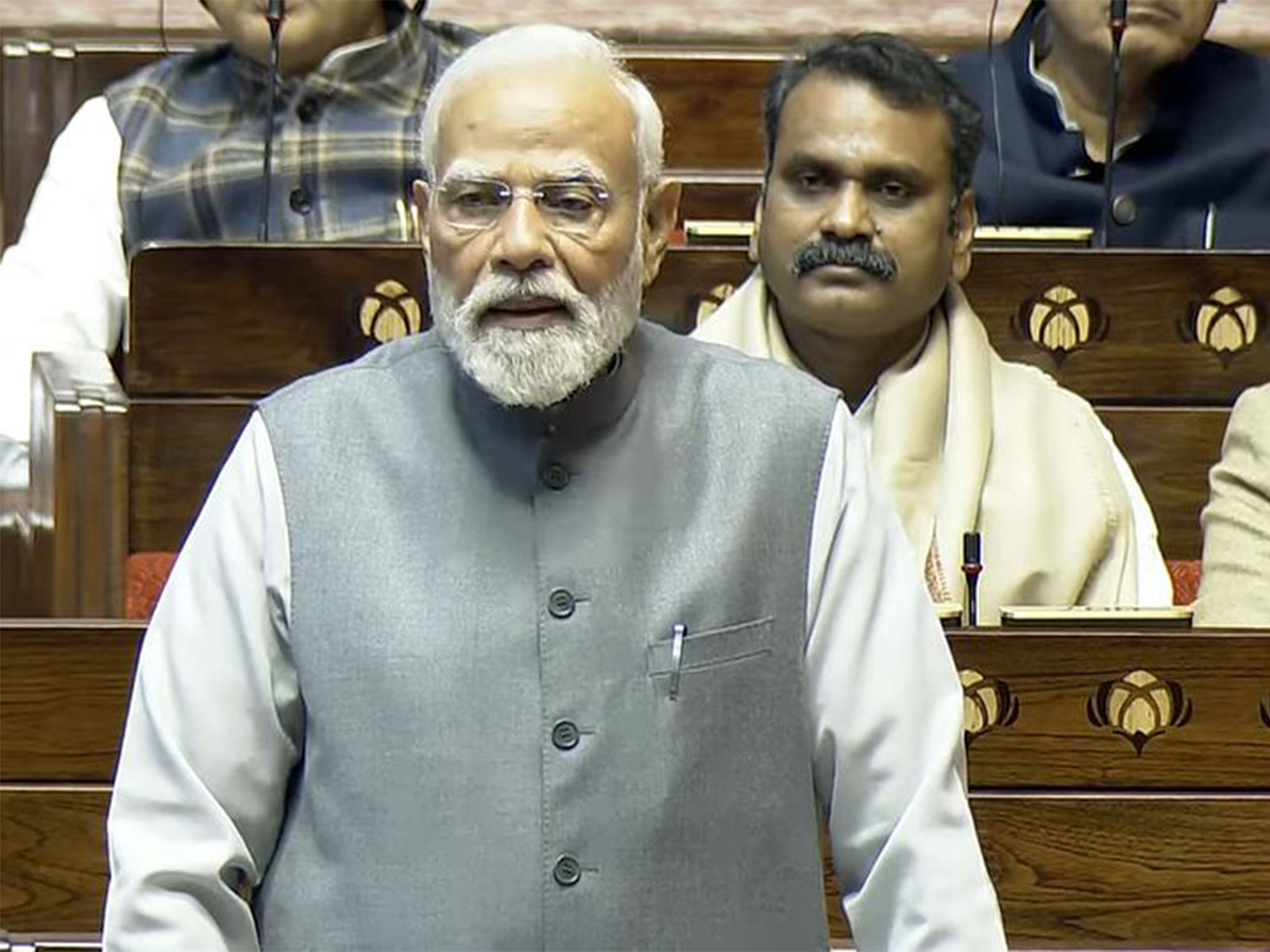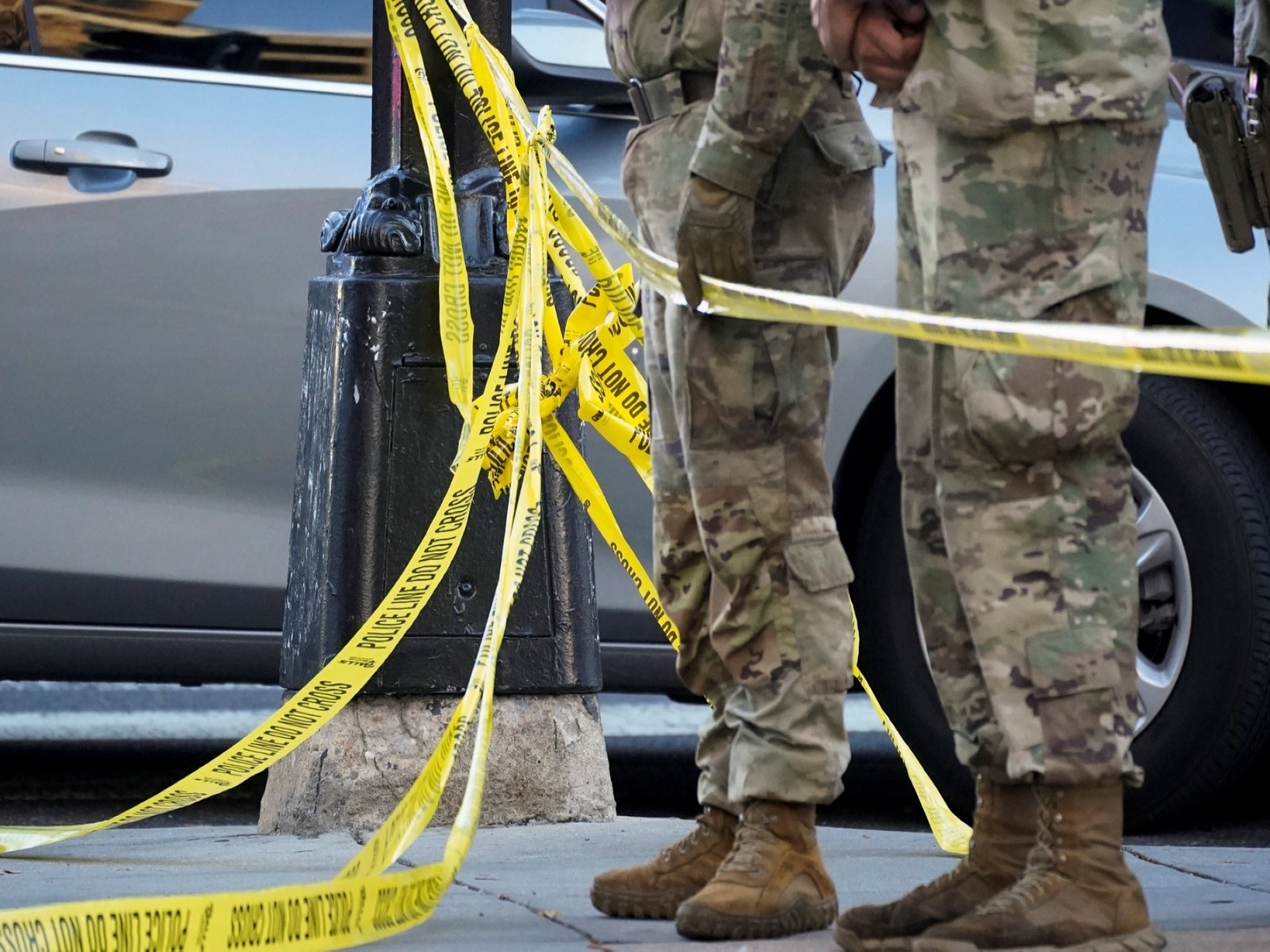
Indian Railway
- The organisation has grown to a humongous size
- But it still has two products to sell: passenger and freight transport
Its challenges
- A huge staff strength means a big wage & salaries bill
- Departments vying for their share of the budget pie
More in the story
- What the Railway budget should focus on
- Which are the services that need attention
There is no enterprise in the world to compare with Indian Railways, given its vastness and the role it plays in both freight and passenger transport business. The organisation has evolved over the last century and half since it began the first passenger service between Mumbai and Thane.
In this period it expanded using a combination of private capital and government spending until it became a wholly owned government department. The once-private railways with cutting-edge management practices gave way to a bureaucratic style, which obviously has failed it and is proving difficult to change.
The budget has generally been an exercise in balancing books and making allocation for new or on-going projects after providing resources for salaries, energy and other expenses. The departments of Indian Railways each seek a share of the budget to preserve their position, whether it is in organisational interest or not.
Also read: #AllPartyMeet: Is Modi really trying to save the #BudgetSession?
Lack of professional marketing efforts
The railways have really only two products to offer: freight services and passenger services.
Segmentation of those services according to needs and delivery of such services to an acceptable level is a major challenge.
Notice how people still queue up to buy tickets - basically making it difficult for people who want to give you money. There is a need to conduct professional surveys to ascertain demand.
The ministry should carry out a pre-qualification process for engaging qualified consultants at the national level and only select those who have carried out such work with reputed organisations.
Also read: #NotesForMrJaitley 5: Don't listen to everything the babus say
This exercise should reveal the gaps in specific services being currently provided and identify new services that are in demand.
Increasing the carrying capacity of the system
For years, the Railway Budget has been created looking at past trends with departments jockeying for resources.
The single-minded focus should be on what could increase capacity at least cost. The railways recently completed a project conceived over 20 years ago on the Delhi-Kanpur route that enhanced capacity significantly by an improved automatic signaling system.
Also read: #NotesforMrJaitley 4: five things he must focus on in the Health Budget
The minister should ask who gives the greatest bang for the buck and boldly allocate capital budget to that department.
Better facilities at stations and on passenger trains
From grandparents to grandchildren, the use of Internet has become universal. Business travellers need reasonably high-speed Net services.
Long-distance buses provide such services as a matter of routine, especially in the southern states. There is no technical reason why railways cannot.
High-speed Internet, phone alerts are highly required services
Almost every traveler has a mobile telephone. Add-on services like receiving alerts on train arrival at stations could also be provided. It is a service that is required, particularly for senior citizens, since trains stop at stations only for few minutes.
The budget should allocate resources to all railways to complete this task on all passenger trains within a year and not the usual phased approach of providing it on Shatabdis and Rajdhanis first.
Manpower planning
Expenditure on manpower cost have, and will, continue to dominate the cost side of the budget.
The railways increased it staff incrementally each year up to 1990. Thereafter, it became clear that the rising cost of staff would cripple railway finances if allowed to go unchecked.
Expenditure on manpower will continue to dominate railways' costs
A major exercise was conducted and, for the first time, staff skills were profiled and trends in staff productivity analysed.
This led to the creation of a position at the level of Executive Director at the Board (I had the privilege to be the first incumbent), tasked to develop a strategy to contain costs and improve skills.
The results of a study that preceded the strategy were a major surprise for the top management:
- The bulk of skilled workers were found to have no formal skill training and had educational qualifications below the sixth standard.
- The results were no different in departments such as Signalling and Telecommunication where, by the very nature of the job, one should have expected a more technically qualified profile.
Also, about 30,000 staff retire each year.
Zonal railways were consulted and unions taken into confidence by showing them the danger of unbridled growth in staff strength. Workshops were conducted for each department, which brought forth a host of ideas to reduce strength, provided some resources were earmarked in the budget for achieving the potential.
Also read: Some good news before the Budget: GDP growth increases to 7.6%
The strength of the railways came down from 1.652 million in 1990 to under 1.4 million in 2006. In this period, the railways carried more than doubled its freight traffic and enhanced passenger traffic 1.6 times.
About 30,000 staff of Indian Railway retire each year
All this with 2.5 lakh less staff. The operating ratio improved in the same period to 78.68% from 91.97%.
Railway operating ratio improved from 91.97% to 78.68% in 1990-2006
Over the last two decades, carrying capacity improved by electrification, gauge conversion and higher-capacity wagons.
The next era should be that of improved signalling systems which, like all other initiatives, will be constrained by job losses in some departments and ability to manage higher-end technology on a mass scale.
Currently, the number of employees remain the same as it did in 2006, but the wage bill has ballooned to over Rs 7,6000 crore and will significantly increase when the Pay Commission recommendations are implemented.
Also read: #NotesForMrJaitley 6: underutilisation of defence funds is biggest concern
A window of opportunity for railways to optimise staff numbers and improve skill profile
The Railway Budget should recognise the urgency of this requirement and allocate resources to develop an appropriate strategy.
Edited by Joyjeet Das
More in Catch:
#NotesforMrJaitley 3: How to tackle the subsidy beast without harming the poor
#NotesForMrJaitley 2: Let Raghuram Rajan clean up the bad loan mess
#NotesForMrJaitley 1: how to make this year's budget more farmer friendly
First published: 23 February 2016, 20:09 IST


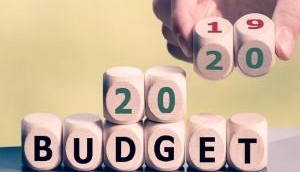
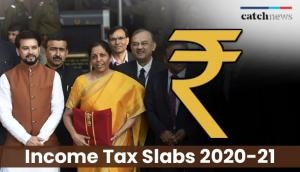
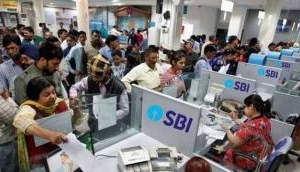
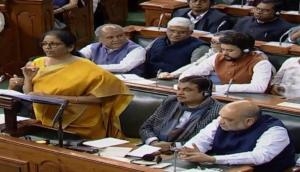
![BJP's Kapil Mishra recreates Shankar Mahadevan’s ‘Breathless’ song to highlight Delhi pollution [WATCH] BJP's Kapil Mishra recreates Shankar Mahadevan’s ‘Breathless’ song to highlight Delhi pollution [WATCH]](https://images.catchnews.com/upload/2022/11/03/kapil-mishra_240884_300x172.png)

![Anupam Kher shares pictures of his toned body on 67th birthday [MUST SEE] Anupam Kher shares pictures of his toned body on 67th birthday [MUST SEE]](https://images.catchnews.com/upload/2022/03/07/Anupam_kher_231145_300x172.jpg)




